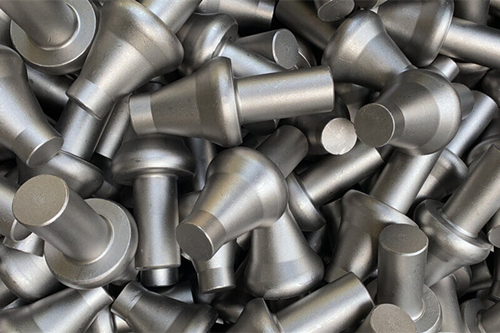
5 Advantages Of Investing In Gear Forgings Or Cast Gears
Gear forgings and cast gears are two common methods used in the manufacturing of gears. While both techniques have their merits, there are distinct advantages to choosing gear forgings over cast gears. In this article, we will explore five key advantages of buying gear forgings.
Strength and Durability
Gear forgings offer superior strength and durability compared to cast gears. When a gear is forged, the metal is subjected to intense pressure and heat, resulting in a denser and stronger structure. This makes forged gears highly resistant to wear, fatigue, and impact, making them ideal for demanding applications that require high torque and heavy loads.
Precision and Consistency
Gear forgings are known for their precise dimensional control and consistency. The forging process allows for tight tolerances, ensuring accurate gear tooth profiles and optimal meshing with mating gears. This precision leads to smoother operation, reduced noise, and improved overall performance. In contrast, cast gears may exhibit variations in dimensions and surface finish, which can negatively impact gear engagement and efficiency.
Customization and Complexity
Gear forgings provide greater flexibility in terms of customization and complexity. Forged gears can be manufactured in a wide range of sizes, shapes, and configurations to meet specific design requirements. Additionally, complex features such as internal splines, helical gears, and multi-step gears can be easily achieved through the forging process. Cast gears, on the other hand, have limitations in terms of design complexity and may require additional machining operations to achieve desired specifications.
Enhanced Material Properties
Gear forgings allow for the use of specialized materials with enhanced properties. Forging processes enable the transformation of the material’s microstructure, resulting in improved mechanical characteristics such as higher strength, better fatigue resistance, and increased toughness. Cast gears, although versatile, may not offer the same level of material properties as forged gears.
Cost-effectiveness in the Long Run
While the upfront cost of gear forgings may be higher than that of cast gears, their long-term cost-effectiveness becomes evident over time. The superior strength and durability of forged gears reduce the need for frequent replacements and maintenance, resulting in lower downtime and operational costs.
Go here for the best gear forging products.